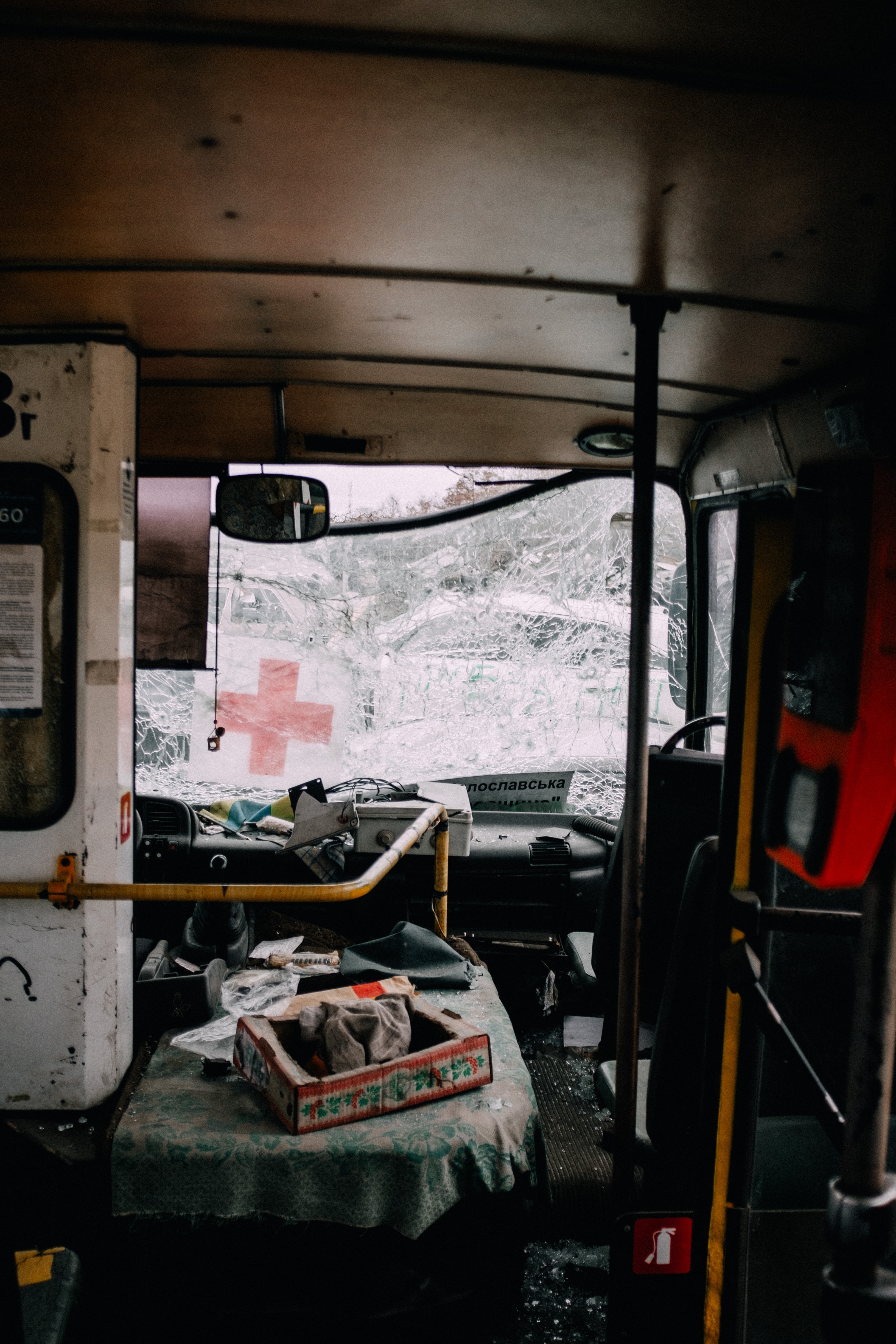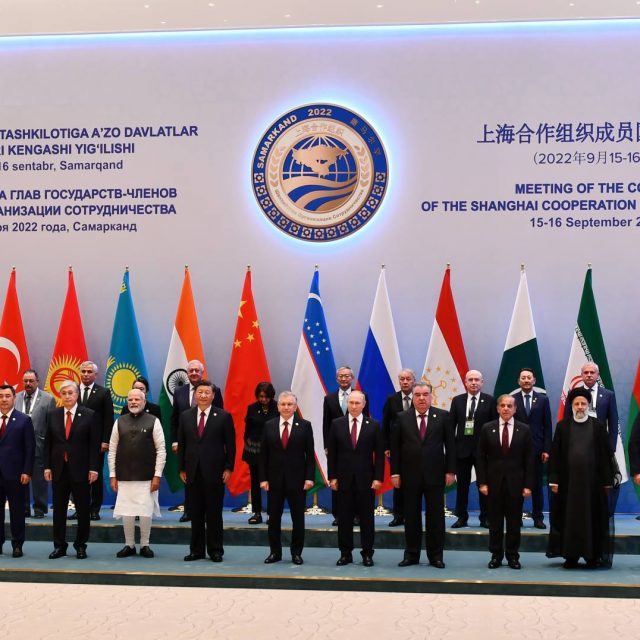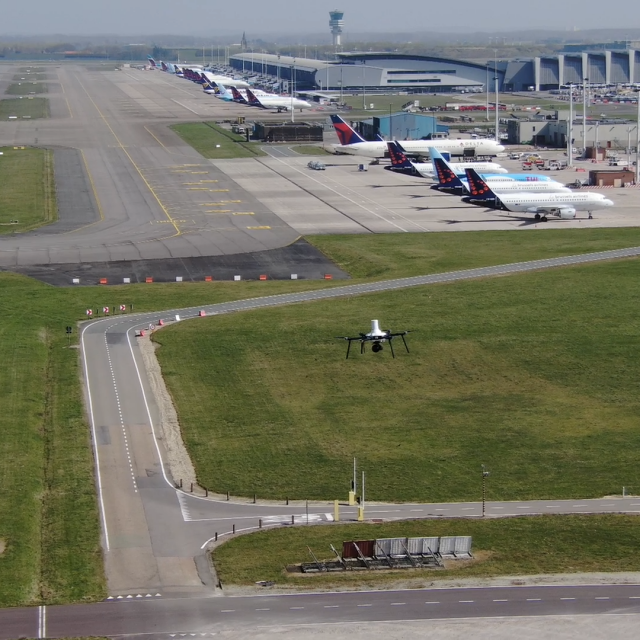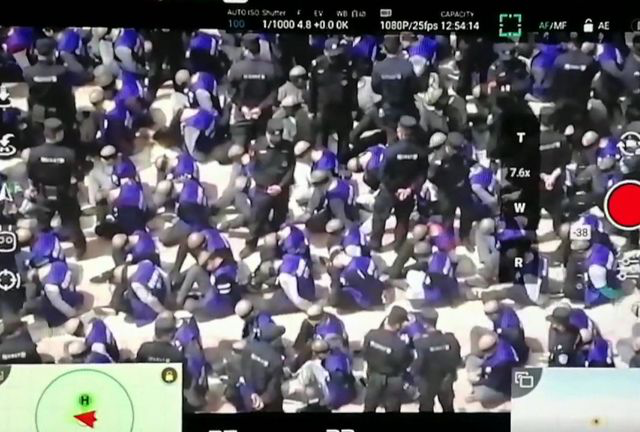Photo by Artem Nedzelskiy on Unsplash
The full-scale war in Ukraine, unleashed by Putin, has been going on for more than a year now, multiplying the pain and suffering of Ukrainians every day, millions of whom have been forced to flee their homes to escape the horrors of war, and thousands have been killed by Russian occupiers. But with his aggression, Putin is not only killing Ukrainians and destroying their homes and lives, but also creating unprecedented risks and threats for Europe. This should not be forgotten when thinking about the prospects for peace and the future of the united European space. The Russian threat requires Europe to rethink and even rearm, taking into account the processes currently taking place in the centre of Europe, as the Kremlin has actually launched an open territorial expansion.
During the recent British-French summit in Paris, the leaders of the two countries, Sunak and Macron, stated that they recognise Russia as the greatest threat to both European and global security. That is why London and Paris are keen to provide the Ukrainian armed forces with the additional support they need to gain a decisive advantage on the battlefield. Both leaders support Ukraine and call on all countries not to provide military equipment to Russia, while additional military assistance to Ukraine will help speed up the end of the war. In addition, it is known that Britain and France are planning to jointly develop high-precision strike weapons to combat Russian aggression. NATO allies also intend to increase industrial production of weapons and ammunition to replenish their own arsenals, which were devastated by Russia’s war against Ukraine, and to help Ukraine in the future. This statement was made earlier by NATO Secretary General Jens Stoltenberg, who stressed that the new NATO Defence Planning Guidelines will form the basis for changes in capabilities and ensure a robust deterrence and defence for many years to come. This will allow NATO to assist Ukraine while ensuring that every inch of the Alliance’s territory is protected.
Russia’s invasion of Europe is far from a myth; it is a sad reality. Europe must be prepared for possible threats from Russia, because in Ukraine, Putin has actually launched the first stage of a war to redivide the world. Let us recall how the Kremlin dictator has repeatedly emphasised the artificiality of the countries formed as a result of the collapse of the Soviet Union and called it “the greatest geopolitical catastrophe”. Now many experts and analysts agree that the Russian dictator is trying to revive the former Soviet union and Russian imperial glory simultaneously with his aggressive foreign policy. The Kremlin has demonstratively opposed itself to the United States before and tried to exercise its levers of political and military influence. For example, by issuing ultimatums to NATO about its non-presence in Europe and hiding behind the fact that it is countering an imaginary danger from the West with its war. But the Russian danger is real. The full-scale war that has been going on in Ukraine for more than a year has brought death, suffering and destruction to millions of Ukrainian civilians.
At the same time, Russian propaganda continues to convince its citizens that they are at war with NATO in Ukraine, thereby justifying their aggression and terror. Unfortunately, propaganda works on Russians. The Russians are also trying to intimidate Western society with their propaganda – blackmail, threats and the belief that they are also involved in the war. Of course, these are traditional Russian narratives and manipulations. NATO is in no way to blame for the outbreak of this war and is not sending troops to Ukraine. Instead, the alliance’s enlargement was a response to the Russian threat, as both Sweden and Finland applied to join only because of the possibility that they would have to withstand Russian pressure. Putin convinces himself and the world that the West promised back in 1990 that NATO would not expand eastwards. For the sake of factual historical accuracy, we should recall that such statements were made before the collapse of the Soviet Union and concerned only East Germany in the context of a reunited Germany; the issue of NATO expansion was never discussed. It is also worth remembering what forced the alliance to strengthen its eastern flank: Russia’s illegal annexation of Crimea in 2014, and now the genocidal war unleashed by Putin in the centre of Europe.
Most analysts agree that Ukraine is not only an aggressive target for Moscow, but also the beginning of the redistribution of territories, the beginning of Russia’s great territorial expansion. The war in Ukraine was obviously intended by the Kremlin to be the first stage of further escalation. Putin also launched his “special operation” to undermine and shake up NATO and the EU. If his plans had succeeded, Europe’s energy and military blackmail could have resulted in complete energy and security dependence on Russia. That is why Ukrainians today are defending not only their borders, but also the future of Europe. If Russia had won, Putin would not have stopped, but would have gone further. Having occupied Ukraine, the Russians could have focused their potential and efforts on a hybrid war against the Baltic States, Poland and Romania, destabilising the entire region. Ukraine’s victory and the strong support of the pan-European and global coalition can protect not only Ukraine’s borders, but also the borders of the whole of Europe from renewed Russian aggression.
It is also clear that Putin does not understand the language of negotiation, he only understands the language of force. That is why the world, which has now united and created a pro-Ukrainian coalition, must also create a large anti-Putin coalition that will stop and neutralise the greatest threat to the world since the Second World War. Putin cannot be trusted because it is he who has destroyed the entire existing international security architecture by violating and withdrawing from treaties and, most importantly, by unleashing a genocidal war in Ukraine. The best negotiating team to deal with Putin are the Armed Forces of Ukraine, which are bravely defending their borders and the borders of a united Europe. The Armed Forces of Ukraine can only be strengthened by further support, arms and weapons, continuation of the sanctions policy against Russia and the prospect of Ukraine’s future membership of the EU and NATO. Russia’s aggression has demonstrated that Putin’s criminal regime will not stop at Ukraine and will launch an even bloodier war in Europe, so it is important to continue arming the Ukrainian army to ensure peace throughout Europe.




